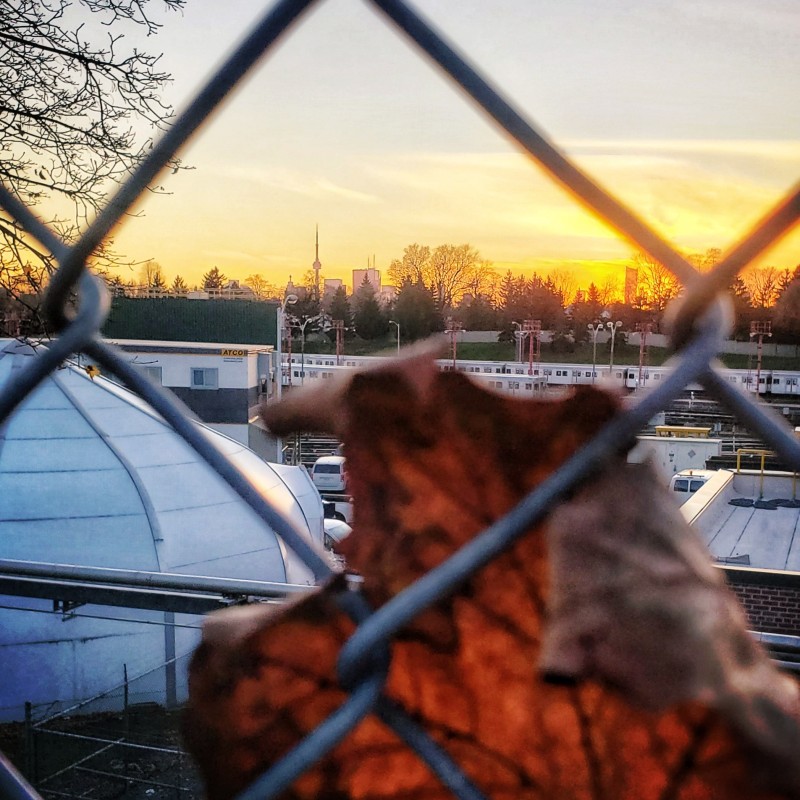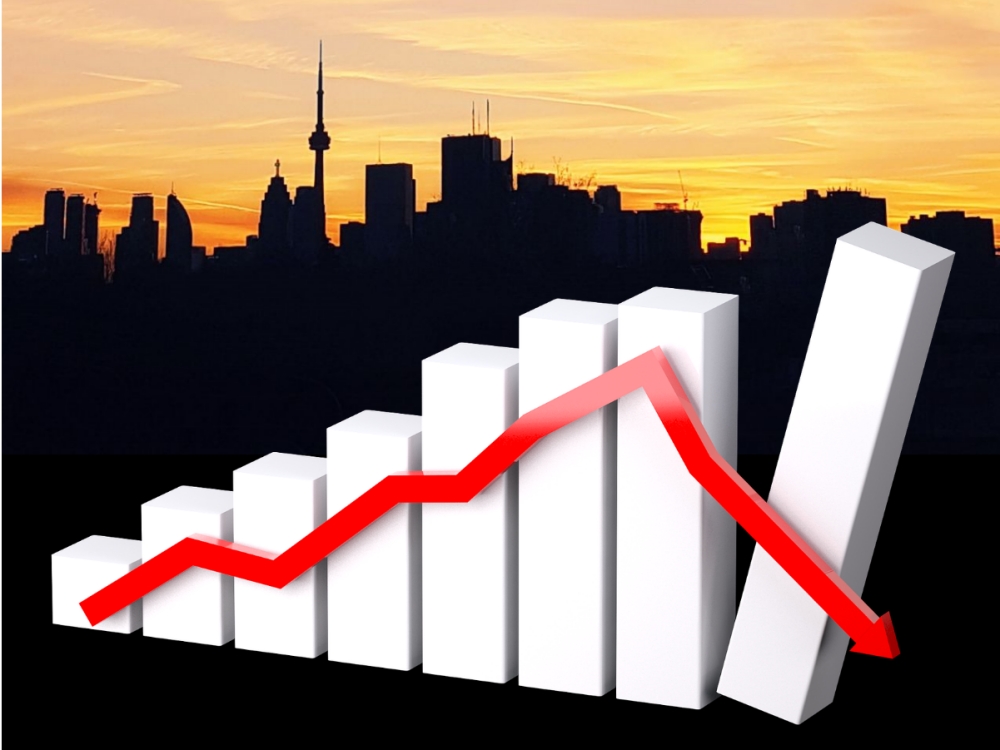Toronto Income Property Newsletter – Fall 2021
Quick note from Paul:
Hey everyone. You may have noticed that our monthly newsletters have not been published as frequently as they have been in the past. We have decided after all these years to go to a new quarterly format, with fresh content and statistics coming out to reflect the summer, fall, winter, and spring markets.
Is this fall market going to bring about the grand turnaround that everyone has been waiting so long for? As soon as the first few listed houses didn’t sell after Labour Day, everyone started claiming that the market was finally starting to calm down. The sky was about to fall. But do you know what happened? All those houses have now in fact sold and many others are still hitting the market and seeing bully offers right away. We are right back to normal with sellers making off like bandits in the GTA.
The reality is that we have currently a shortage of listings and all-time low interest rates. I personally believe that these historically low rates have been the reason for the market being as busy as it has been. Low interest rates make your monthly carrying costs lower and as such people have been comfortable taking on larger mortgages and ultimately paying much higher prices. With an imbalance between supply and demand this has caused the current situation.
There are also a lot of parents that are dipping into their saving to help their kids buy property. We call this the bank of Mom & Dad. Young people coming into the market do not have the available funds for a suitable deposit. To buy a house for a million dollars, you would need upwards of $300K in hand and that money often is supplied by parents or family. Until this situation changes, we will continue to have this environment where the impression of paying less per month allows consumers to take on much higher debt in their mind.
I hope everyone has an awesome fall season. May you enjoy the year-end holidays, and we look forward to checking in with you again in early 2022. Please feel free to reach out to me at any time if you have any investment real estate questions or concerns. We also always appreciate your referrals, so please do keep them coming.
– P.A.
Why are interest rates still so low?
When I first moved into my principal residence over a decade, the best mortgage rate I could at the time get was 4.95%. This was a really good number at the time, so I locked in for five years. This morning I just reupped what is left on that mortgage for a two-year fixed term. The interest rate: $1.77%! My monthly payments are fully a thousand dollars less than what I was paying a decade ago.
Why have interest rates dropped and remained so low for so long now? Conventional wisdom says that interest rates drop when an economy starts to weaken. Since we have just undergone the coronavirus pandemic, rates have been slow to increase as the economy fights its way back. The Bank of Canada has been suggesting that rates will start to rise next year as the economy surges.
Much of what happens in Canada is contingent on monetary policy and the economy in the U.S. The combination of steady vaccinations, a recently announced US$1.9-trillion pandemic relief package, and a resurgent economy has guaranteed the possibility of US inflation rising even higher. If the opinions of various observers are to be believed, five-year fixed mortgage rates will likely be on their way up if inflation pressures south of the border intensify. It is not likely that a single Canadian bank will unilaterally raise their rates without any external pressure.
By and large economists agree that rising interest rates will be the top issue for Canada’s current housing market. Even a minor increase in interest rates will have a major impact on affordability and make it harder for some borrowers to make their monthly obligations. This is why banks have had mortgage stress tests at higher interest rates so that borrowers are ensured they can withstand the eventual interest rate increases. My guess is that nothing is going to change in the short term and so long as we are still in pandemic recovery, rates will continue to remain low.
Are Toronto Income Property prices ever going to come down?
Home prices in Toronto have been rising and are expected to climb even higher in 2022. In a recently released Royal LePage Home Sales Survey, it was revealed that the aggregate price of a home in the GTA shot up by a whopping 17.9 per cent year-over-year in the third quarter of 2021, now soaring at a sky-high average of $1,075,900. This is quite remarkable when you consider what a huge increase this is. We have been hearing about supply chain issues and the costs of basic goods and services going up, so it should not be a surprise that demand for Toronto real estate is not waning.
The reality is that the housing market was on this trajectory long before the pandemic started. We had seen a several-year run up on pricing in the GTA, primarily supported by low interest rates and it does not seem to me like this situation is going to reverse itself anytime soon. When there simply aren’t enough houses available, it is not reasonable to expect the demand to subside and the prices to stop rising.
Income-generating properties will continue to follow this trend. It seems like there is not a significant difference between investment properties at the moment and single-family homes. The demand for both is still very strong. While I always advocate for the investment value of duplexes and triplexes, many buyers are not as concerned about the returns, and they are just staying focused on getting into the right areas at whatever cost.
Are cap rates in the GTA a thing of the past?
Each week a multiplex will sell in downtown Toronto that makes no sense whatsoever on the numbers. I have seen $3000 in gross rents trading for 2 million dollars. I have recently seen cap rates under 2%. I have seen people put 50% down on a property and still have to kick in money each month to break even.
So why are buyers ignoring the numbers?
For the past several years I have been advocating that if a property does not generate at least a 3.5 cap, you should pass on it. My opinion has always been that an investment property should be able to give you some sort of appreciable return each month. An investment property should be just that … an investment. And it should generate some money in your pocket. Even if it is a luxury duplex in Rosedale or Forest Hill, paying anything to get it if you are intending to rent it out, just does not make sense. Owner occupiers may be able to stretch a little further, but the offsetting income should always be taken into consideration.
The answer is quite simple. In a hot market like we have been experiencing, buyers want to get in at any cost. The fact that a property has offsetting income even makes it more attractive to some than a single-family property and as such people will even pay more. They do not capitalize the income or treat the property at all like an investment vehicle. It does not matter that they can get a much better return by investing in stocks, bonds or as I do, collectible trading cards. Some people just need to get into the housing market in Toronto and do not care about the financial implications. Affordability, not ROI, is the number one concern for buyers in the City of Toronto. This is particularly the case for young buyers getting financial assistance from their families.






